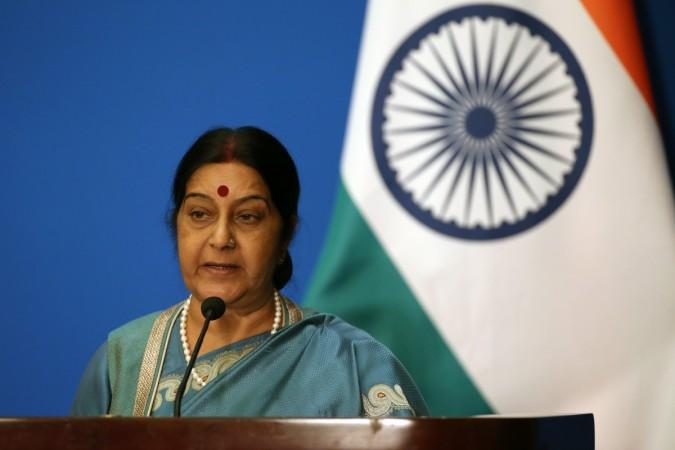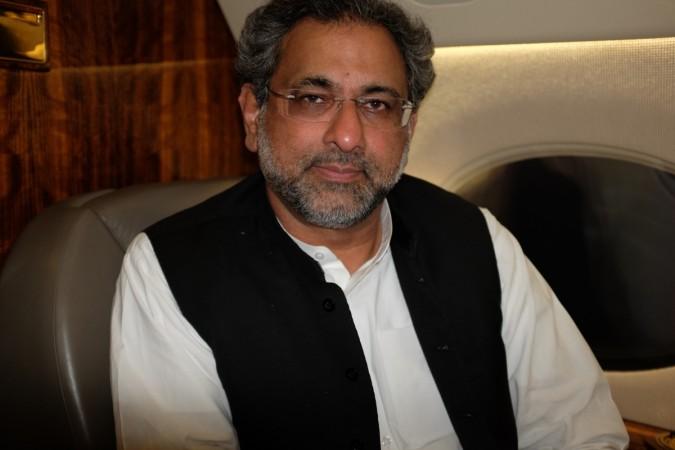
External Affairs Minister Sushma Swaraj will arrive at United Nations on Sunday to represent India at the annual UN General Assembly (UNGA) session with a packed schedule of super diplomacy among an array of world leaders.
India to engage with Brics, OIC on Uri attack, terrorism at UN General Assembly
Prime Minister Narendra Modi, whose hectic international diplomacy has focused on bilateral meetings and visits, will miss the UNGA session again this year, leaving Sushma Swaraj as the standard-bearer.
Outlining India's goals that the minister will pursue at the session, New Delhi's Permanent Representative Syed Akbaruddin on Saturday said: "Our agenda is broad, forward-looking, expansive, has objectives which are global in nature, and goals which we have been pursuing for some time."
The formal meetings will begin on Monday with a summit convened by US President Donald Trump to discuss reforming the UN, where she will participate on behalf of India.
The formal round of addresses by the leaders of the 193 member nations will take place on Tuesday. Sushma Swaraj is scheduled to speak on Saturday.
The UN calendar lists more than 100 events for the week on topics ranging from ending sexual abuse to health coverage, and from digital ID's potential to famine response.
She is expected to hold about 20 bilateral and trilateral meetings with leaders attending the session, External Affairs Ministry spokesman Raveesh Kumar has confirmed.
In addition, Sushma Swaraj will also participate at several meetings of regional and specialised groups like the South Asian Association for Regional Cooperation (SAARC), the Non-aligned Movement, G4 made up of India, Brazil, Germany and Japan to lobby for Security Council expansion, BRICS (Brazil, Russia, India, China and South Africa), Community of Latin American and Caribbean States and G77 group of developing nations, Kumar said.
She is also slated to be one of the speakers at a high-level roundtable on climate change on Tuesday.
Akbaruddin said that the External Affairs Minister was expected to focus on solar energy programmes, which are Modi's priorities for fighting climate change.
Previewing India's participation in the Assembly session, Akbaruddin said it was built around five pillars: UN reform, counter-terrorism, migration, climate change and peacekeeping.
However, Sushma Swaraj will not participate in the ceremony for signing the treaty to ban nuclear weapons, which was approved by more than 120 countries.
India and all the other countries have opposed the treaty, but citing different reasons.

Pakistan's Prime Minister Shahid Khaqan Abbasi is also attending the session.
The ministry spokesman said that while no formal meetings have been set between him or other Pakistani officials and Sushma Swaraj, they will be at the SAARC and G77 meetings.
China will be represented only at the Foreign Minister's level.














